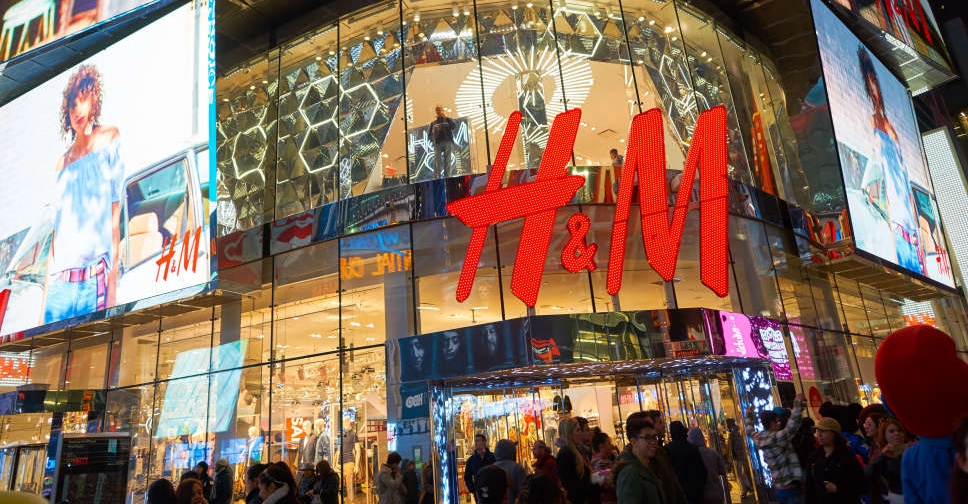
The US government has granted approval for the sale of lab-grown meat to the public, marking a significant milestone in the food industry.
Upside Foods and GOOD Meat, producers of "cultivated" meat, announced on Wednesday that they have received the green light from the Department of Agriculture (USDA) to commercially sell their chicken products.
Expressing their excitement, the firm took to social media to share the news. "The day has finally arrived!" their post read. "We are approved to sell our cell-cultivated chicken in the US! This historic, world-changing moment brings our vision one giant bite closer to reality."
UPSIDE Foods had previously obtained a similar approval in November 2022, while GOOD Meat received a favourable response from the US Food and Drug Administration (FDA) in March this year, with the agency stating no concerns regarding the safety of GOOD Meat's lab-grown chicken product.
History made. The first-ever approval to sell cultivated meat in the United States happened this morning. Congratulations, @GOODMeat team. And thank you to the @fda and the @usda for all of your thoughtful work.
— Josh Tetrick (@joshtetrick) June 21, 2023
The production of lab-grown meat through cell cultivation technology is believed to address concerns related to animal welfare and environmental impact. By using cells from living animals, such as fertilised eggs, lab-grown meat producers can create consumable meat products without causing harm to animals or significant environmental damage. "Instead of all of that land and all of that water that's used to feed all of these animals that are slaughtered, we can do it in a different way," explained chief executive Josh Tetrick and co-founder of Eat Just, the parent company of GOOD Meat.
The process of creating lab-grown meat involves incubating and growing cells into large meat masses, which are then cut and restructured to resemble conventional butchered meat products. However, both companies have no immediate plans to distribute their lab-grown meat products to retail locations due to the significantly higher production costs compared to traditional butchering methods.
Instead, UPSIDE Foods and GOOD Meat will initially introduce their products at partnered restaurants, gradually rolling them out to the market.

 Expo 2020 museum opens this weekend
Expo 2020 museum opens this weekend
 Abu Dhabi launches initiative to reduce light pollution
Abu Dhabi launches initiative to reduce light pollution
 J1 Beach set to transform Jumeirah beachfront
J1 Beach set to transform Jumeirah beachfront
 NGO links H&M and Zara cotton to deforestation in Brazil's Cerrado
NGO links H&M and Zara cotton to deforestation in Brazil's Cerrado
 Camel trekkers reach Global Village after 557 km journey
Camel trekkers reach Global Village after 557 km journey




